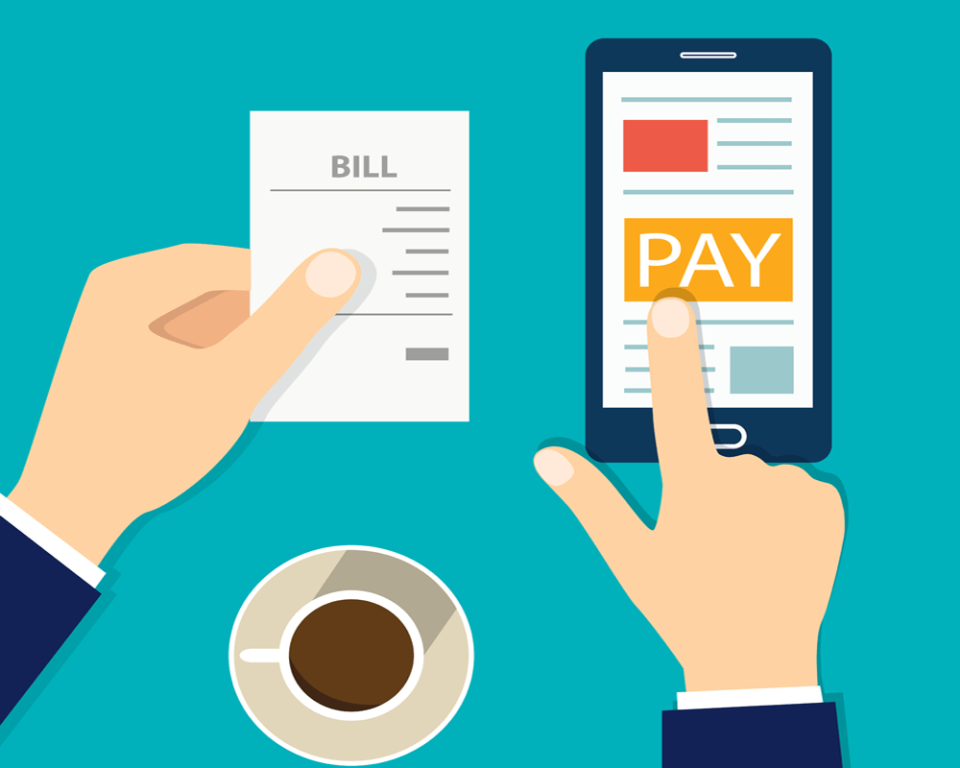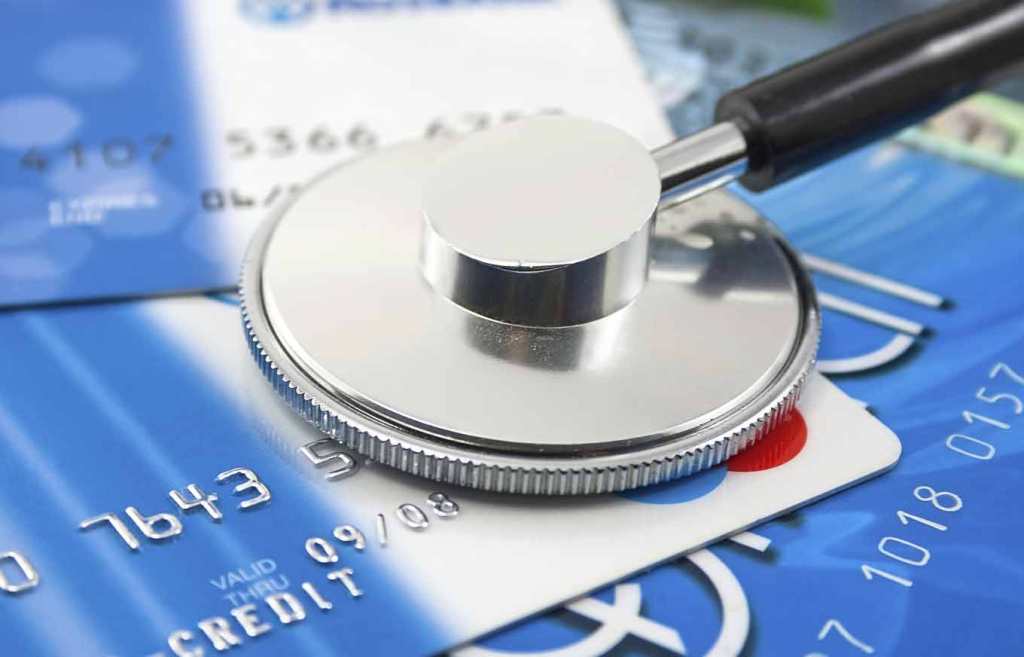Because of the costs, medical help has become a thing of luxury in the USA. Unfortunately, very often it’s not possible to give up this kind of luxury. There are diseases, accidents and other afflictions that simply must be treated and sometimes they may be quite expensive. For example, a regular hospital stay costs an average of $15,000, heart bypass is $123,000 and heart valve replacement can be as high as $170,000 – these are hardly surgeries that you can get by without. Of course, when you have insurance, you can have some of that back, but these are still pretty big numbers. Therefore it’s no wonder that so many Americans are in debt because of healthcare. Luckily, there are some ways that can help you deal with your medical bills and escape lifetime debts.
Payment plans

If you struggle with money, this is probably the best plan for both sides of the transaction. Thanks to this option, you can break your bill into smaller instalments and pay it off at your own pace. Most doctors and other medical providers agree to this solution because they prefer to get paid a little monthly than nothing at all.
Personal loans
Private loan providers can merge multiple bills into one loan with only one installment monthly. Besides, online loans, like nation21loans.com, are very helpful in the case of medical emergencies because they guarantee instant cash, but you have to remember that they also mean quite high rates, especially if you have bad credit. So make sure that you know how much exactly you’ll have to pay back before you decide. Plus, some medical providers offer income-driven hardship plans for low-income patients. Thanks to that, you can have part of your bill forgiven (very rarely all of it) and you’ll pay the rest in monthly instalments adjusted to your income level.
Medical credit card

Many medical credit cards you can get with zero or very low-interest rates for some time, but you’ll need a perfect credit score to be eligible for that. If you are, just make sure that your medical provider accepts this kind of cards – most of them do, but not everyone and not for all services. But it’s important to pay off the balance before the high-interest rate (sometimes even higher than 20%) starts. Plus, it works like a regular credit card, so it counts to your credit score – if you pay in time, it can boost it, but if you’re late, your score can be ruined.
Medical bill forgiveness
If you have any kind of disability or another condition that prevents you from regular work, you can turn to your provider to see if it’s possible to do something about your bill. They rarely happen to forgive all of it, but it’s not that hard to have it reduced.
Medical bill advocate
Sometimes it’s worth to hire a professional to look at your bill and see if there are any errors or overcharges, or a way to reduce it, or even completely forgive your bill. They’re especially helpful when your health doesn’t let you move a lot and negotiate on your own behalf, or you often need medical assistance and simply can’t follow your bills anymore. Advocated can either have a normal, daily or hourly rate or take some of the money they help you save.

Negotiate
Most times it’s enough to be kind, polite and reasonable to convince your provider to at least reduce your bill a little bit. Always try that before doing anything else. Sometimes you’ll be able to pay it in monthly payments, other times they’ll agree to accept a reduced amount if you pay it all right away. Medical providers, just like you, prefer to deal with this face to face, rather than through insurance companies, medical bill advocates or loan providers.
As you can see, there are options that may help you get out of trouble. You can’t be afraid to ask questions, though. You need to be sure that you see the whole picture here and you’re able to reconsider all possible solutions. There’s no need to pay that much money willingly, when there may be a way to avoid it legally.

